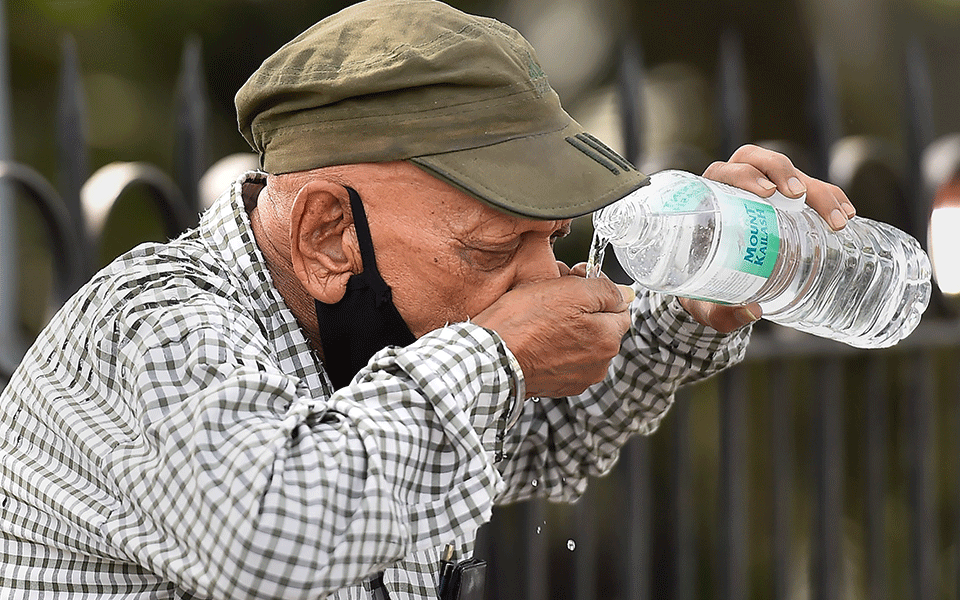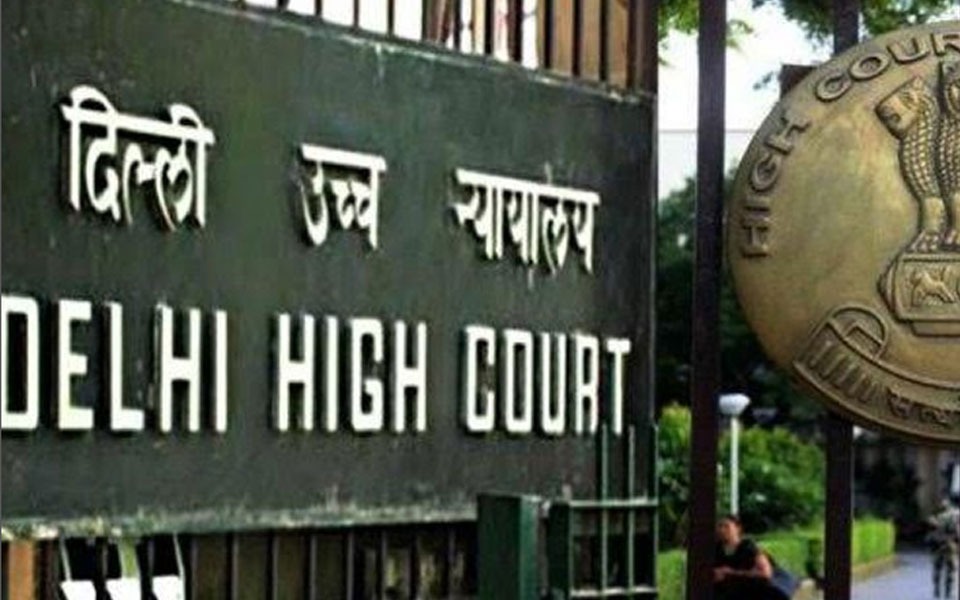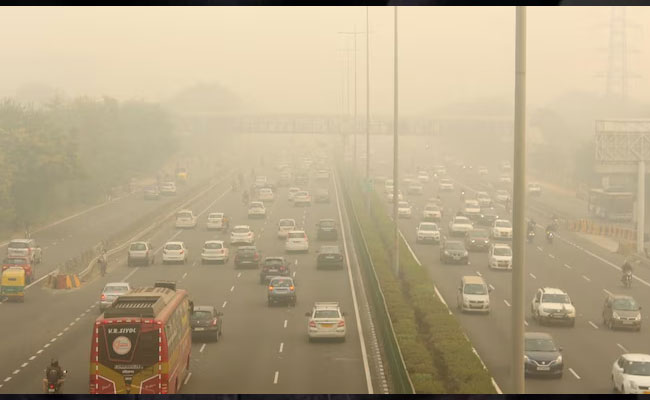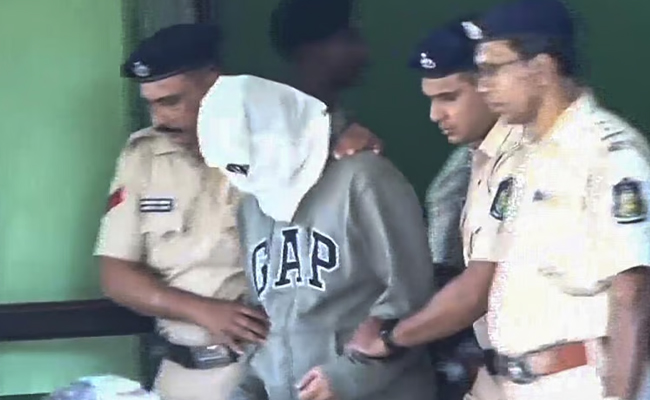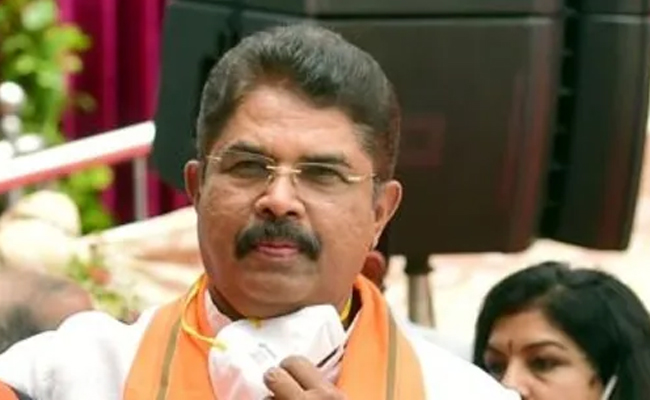Thiruvananthapuram (PTI): Severe heat waves, responsible for thousands of deaths across India over the last few decades, are increasing with alarming frequency and soon the country could become one of the first places in the world to experience heat waves that break the human survivability limit, according to a new report.
The World Bank report, titled "Climate Investment Opportunities in India's Cooling Sector," said that the country is experiencing higher temperatures that arrive earlier and stay far longer.
"In April 2022, India was plunged into the grip of a punishing early spring heat wave that brought the country to a standstill, with temperatures in the capital, New Delhi, topping 46 degrees Celsius (oC) (114 degrees Fahrenheit). The month of March, which witnessed extraordinary spikes in temperatures, was the hottest ever recorded", it said.
The report will be released during the two-day "India Climate and Development Partners' Meet" being organized by World Bank in partnership with the Kerala government here.
Predicting that the heat wave situation in India could break the human survivability limit, it said that the recent heat wave supports what many climate scientists have long cautioned about with reference to rising temperatures across South Asia.
"In August 2021, the Sixth Assessment Report of the Inter-governmental Panel on Climate Change (IPCC) warned that the Indian subcontinent would suffer more frequent and intense heat waves over the coming decade.
"The G20 Climate Risk Atlas also warned in 2021 that heat waves across India were likely to last 25 times longer by 2036-65 if carbon emissions remain high, as in the IPCC's worst-case emission scenario," the report said.
It also warned that rising heat across India can jeopardize economic productivity.
"Up to 75 percent of India's workforce, or 380 million people, depend on heat-exposed labor, at times working in potentially life-threatening temperatures. ...By 2030, India may account for 34 million of the projected 80 million global job losses from heat stress associated productivity decline", the report said.
It further said that India showed the largest heat exposure impacts on heavy labor among the South Asian countries, with more than 101 billion hours lost a year.
An analysis by the global management consulting firm, McKinsey & Company, shows that lost labor from rising heat and humidity could put up to 4.5 per cent of India's GDP approximately USD 150-250 billion at risk by the end of this decade.
It said that India's long-term food security and public health security will depend on a reliable cold chain network. Transporting food and pharmaceutical goods across India requires a system of cold chain refrigeration that works every step of the way.
"A single temperature lapse in the journey can break the cold chain, spoiling fresh produce and weakening the potency of vaccines. With only 4 per cent of fresh produce in India covered by cold chain facilities, annual estimated food losses total USD 13 billion", it said.
It also noted that the third largest producer of pharmaceuticals in the world, pre-COVID-19, India lost approximately 20 percent of temperature-sensitive medical products and 25 percent of vaccines due to broken cold chains, leading to losses of USD 313 million a year.
"As temperatures rise across India, so will the demand for cooling. However, in a country where two-thirds of the population live on less than USD 2 a day, and where the average cost of an air-conditioning unit can vary between USD 260 and USD 500, air-cooling systems are a luxury available only to a few."
According to analysis presented in the India Cooling Action Plan (ICAP), only eight per cent of Indian households own air-conditioning units.
"Indoor and electric fans can help to maintain thermal comfort, but these too are expensive to buy and inefficient. As a result, many poor and marginalized communities across India are more vulnerable to extreme heat, living in inadequately ventilated, hot and crowded homes without proper access to cooling", the report warned.
Staying cool during extreme heat is about more than just comfort – it can constitute the precarious line between life and death, it added.
Let the Truth be known. If you read VB and like VB, please be a VB Supporter and Help us deliver the Truth to one and all.
New Delhi (PTI): The Delhi High Court questioned the city government on Wednesday over its failure to regulate the sale and transfer of used vehicles, while pointing out that in a recent bomb blast near the Red Fort, a second-hand car was used, making the issue more significant.
A bench of Chief Justice Devendra Kumar Upadhyaya and Justice Tushar Rao Gedela asked the Delhi government to file a detailed response on the issue of regulating authorised dealers of registered vehicles.
"A car changes four hands but the original owner has not changed. Therefore, what happens? That man (the original owner) goes to the slaughterhouse? What is this? How are you permitting this? You will take a call when two-three more bomb blasts take place?" the bench asked the Delhi government's counsel.
The bomb blast near the iconic Mughal-era monument was carried out using a second-hand car, making the issue even more significant, it said.
The court listed the matter for further hearing in January 2026.
ALSO READ: Nightclub fire: Goa court remands Luthra brothers in police custody for five days
The court was hearing a public interest litigation (PIL) plea filed by an organisation, Towards Happy Earth Foundation, highlighting the challenges in the implementation of rules 55A to 55H of the Central Motor Vehicles Rules, introduced in December 2022 to regulate authorised dealers of registered vehicles.
While the rules were intended to bring accountability to the second-hand vehicle market, the petitioner's counsel argued that they have failed in practice due to regulatory gaps and procedural hurdles.
The plea said there is a major gap in the amended framework, that is, the absence of any statutory mechanism for reporting dealer-to-dealer transfers.
"In reality, most used vehicles pass through multiple dealers before reaching the final buyer, but the rules recognise only the first transfer to the initial authorised dealer.
"As a result, the chain of custody breaks after the first step, defeating the very purpose of accountability," the petition said.
It added that because of these gaps, only a very small percentage of dealers across India have been able to obtain authorised dealer registration and in Delhi, not a single dealer has got it.
Consequently, lakhs of vehicles continue to circulate without any record of who is actually in possession of those, it said.
The plea said only a small fraction of India's estimated 30,000 to 40,000 used-vehicle dealers are registered under the authorised-dealer framework.
The petition also pointed out that the 11-year-old vehicle used in the November 10 bomb blast near the Red Fort was sold several times but was still registered in its original owner's name.
The blast near the Red Fort had claimed 15 lives.

